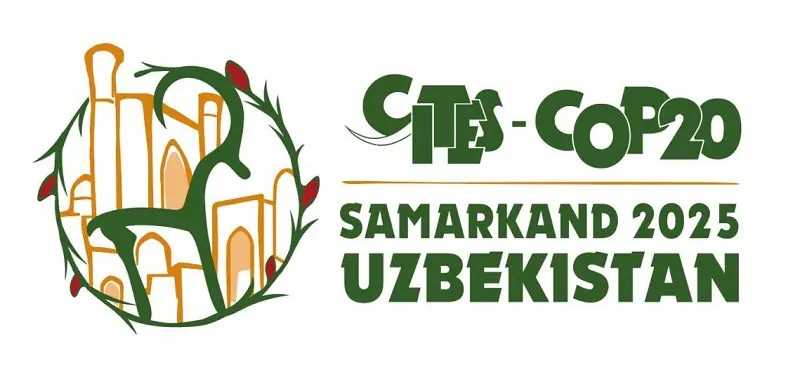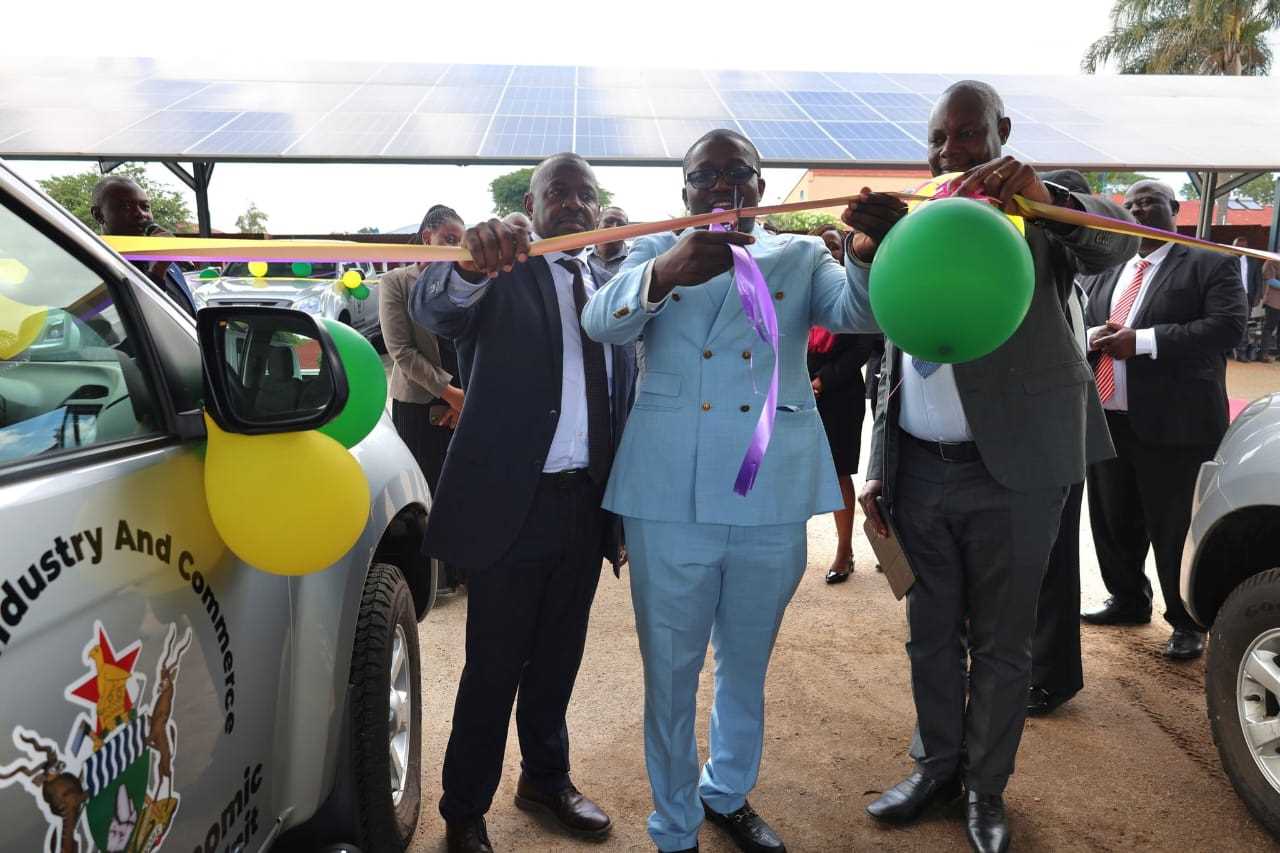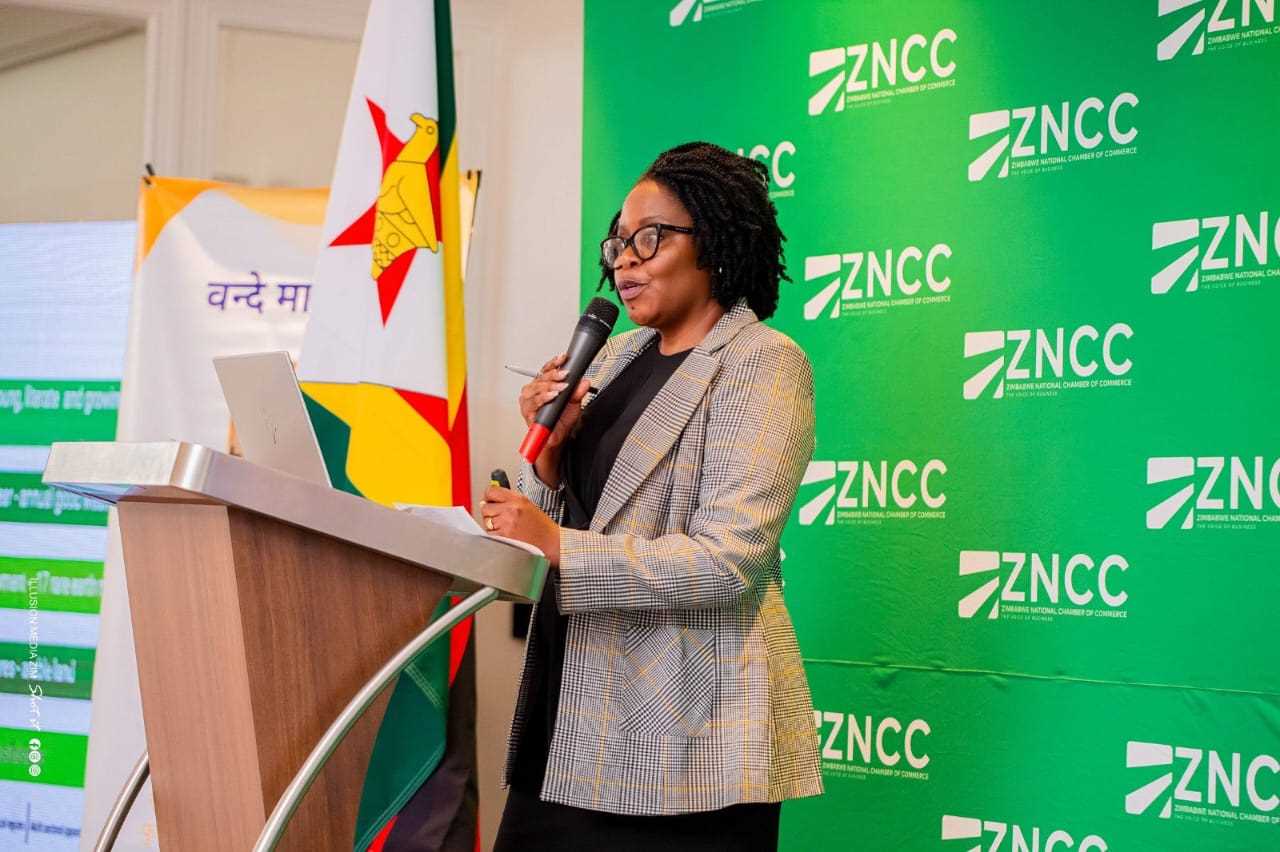
Zimbabwe has called on African countries to close ranks and adopt a united stance on wildlife conservation and sustainable use ahead of the 20th Conference of the Parties to the Convention on International Trade in Endangered Species, set for November 24 to December 5 in Uzbekistan.
Environment, Climate and Wildlife Minister Evelyn Ndlovu made the call during a briefing with the diplomatic community in Harare on Tuesday, stressing that divisions on key issues such as elephant management and ivory trade continue to weaken Africa’s negotiating power on the global stage.
“Africa is the biodiversity hub of the world, and the livelihoods of our communities are intricately linked to wildlife,” Ndlovu said.
“The survival of our biodiversity depends on our ability to respond collectively to threats such as climate change, overexploitation, and pollution.”
Zimbabwe, which holds one of the world’s largest elephant populations, has long argued that restrictions imposed by CITES on ivory sales unfairly penalize Southern African nations.
Ndlovu said the country’s elephant herd now exceeds 85,000, nearly double the carrying capacity of 45,000. This, she noted, has fueled human-wildlife conflict, with over 370 people killed and thousands of livestock lost in the past five years.
Related Stories
At the same time, Zimbabwe continues to shoulder the financial burden of maintaining vast ivory stockpiles without being able to sell them.
“Maintaining ivory stockpiles has become increasingly costly,” Ndlovu said. “Unlocking their value could provide vital resources for conservation, rural development, and community empowerment.”
She urged diplomats to convey Zimbabwe’s position to their capitals, pointing out that inadequate funding remains the single greatest threat to conservation efforts across Africa.
She also pressed for the strengthening of financing mechanisms and law enforcement, as well as the removal of what she termed “disproportionate restrictions” under CITES.
Communities living alongside wildlife should not be excluded from the benefits of conservation, she emphasized. “They bear the brunt of the costs. Without their buy-in, conservation will not succeed,” she said.
Ndlovu welcomed the African Union’s recent steps to prioritize wildlife and biodiversity, saying the approach was a critical step toward building continental consensus.
“At CITES CoP20, we must strike a balance between conservation and the sovereign right to sustainably use our wildlife resources,” she said. “Unity will strengthen Africa’s voice.”


















Leave Comments